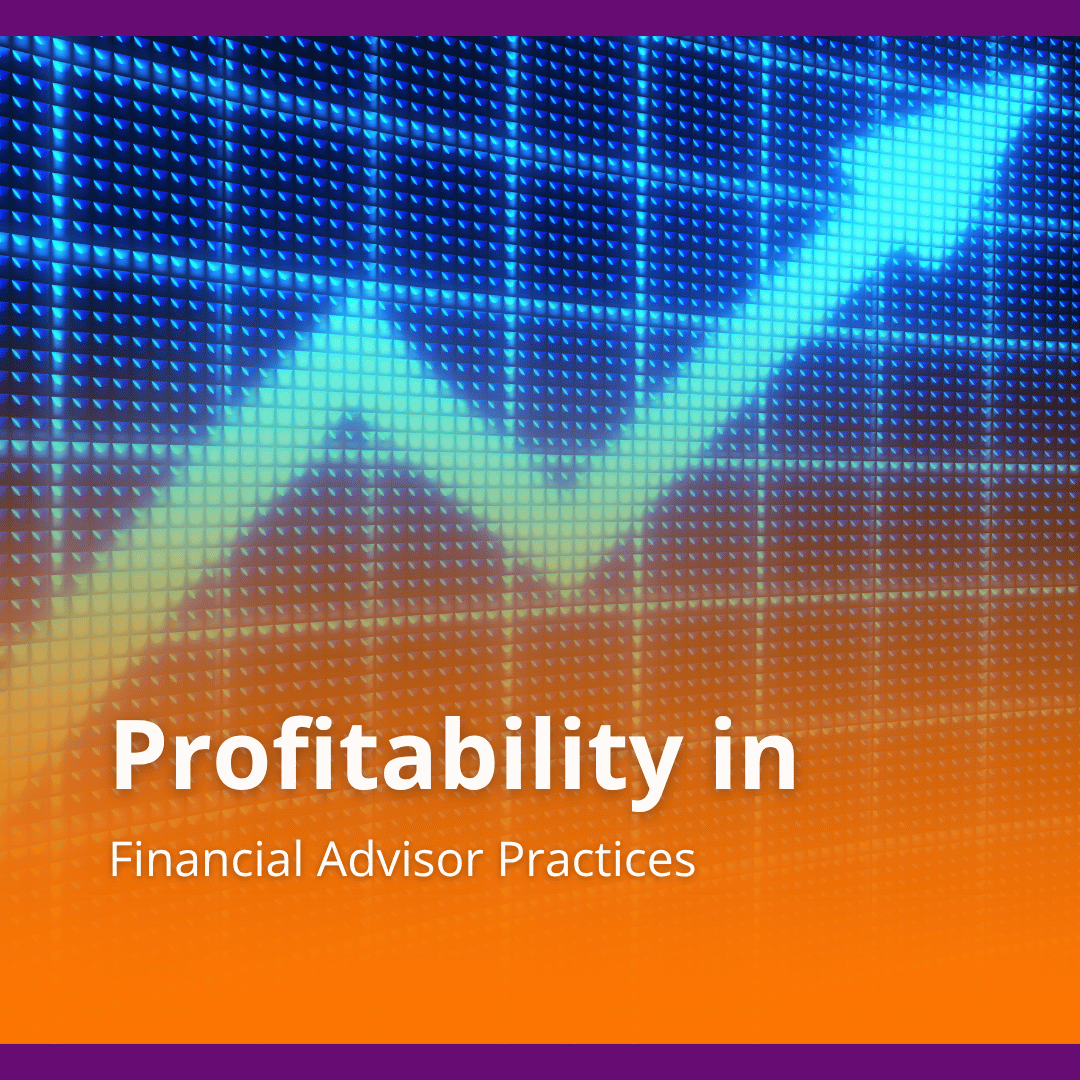How to Know If You’re Emotionally Ready to Sell Your Advisory Practice
You have pictured the day you sell your advisory practice. The deal closes. The pressure lifts.
Comprehensive, data-driven valuations and comparative equity analyses to accurately price your practice, establish market benchmarks, and support informed decision-making.
Comprehensive M&A guidance encompassing deal structuring, negotiation strategies, market listings, and transaction closings.
Comprehensive systems, targeted coaching, and in-depth assessments designed to optimize operational efficiency and enhance advisory team effectiveness.
Strengthen continuity through the implementation of formal continuity agreements, the establishment of legal entities, execution of enforceable legal contracts, and securing appropriate capital resources.

Any smart business owner knows that it’s not enough to generate revenue. You also must generate a comfortable profit in order to offset the risks of being an owner (and be comfortably rewarded for that risk). Many advisors falsely assume that profitability will increase with revenue growth and/or when scaling up a practice. The truth is most larger firms are less profitable, often because as they become larger, they become less efficient. Efficiency is key to being profitable.
Many advisors don’t know that profitability plays a key role in determining the value of a practice. As M&A activity continues, profitability will become an even bigger factor in practice valuations. As with any business, expenses are what determine your profitability, not revenue. To improve profitability, you must control costs. The largest expense in any financial advisor firm is staff. Profitability is negatively impacted when a firm has too many staff members relative to the number of clients and total AUM, or when they employ high-cost staff (such as Junior Advisors) to serve low-end clients.
Other costs can impact profitability as well, including office rent, utilities, leases, client meals and gifts, and advertising, to name a few. It’s important to evaluate expenses on a regular basis to make sure they are necessary and that you are paying a reasonable rate. Long-term obligations such as leases can also affect your ability to sell a practice, so it’s important to be aware of and monitor any expenses that have contractual or timed commitments.
As we mentioned earlier, profitability not only impacts owner return, but it also impacts the overall value of a practice. To help you get a handle on your profitability and improve your margins, we’ve developed a two-page guide that outlines 10 steps to take to increase practice profitability. Download it for free now.

Alan Salomon, CPA/ABV, CVA, is a valuation and tax specialist with more than a decade of firm ownership and hands-on experience serving closely held businesses. He provides accredited valuations for buy/sell agreements, estate and gift matters, divorces, shareholder/member disputes, and fair value reporting, as well as personal, business, and fiduciary income tax preparation and planning. Alan’s articles explain how valuation approaches apply to advisory practices, how to document defensible conclusions, and where tax planning can materially impact deal structure and after-tax proceeds. His work emphasizes compliance with professional standards and practical documentation that stands up to scrutiny.
Receive timely articles, tip sheets, events, and more right in your inbox.

You have pictured the day you sell your advisory practice. The deal closes. The pressure lifts.

Selling a company is often the largest financial event of a business owner’s life. Yet most exit conversations still revolve around valuation and...

Are you preparing to sell your business with a team you want to keep intact? Then you’re already thinking ahead. The moment a sale is in motion, your...